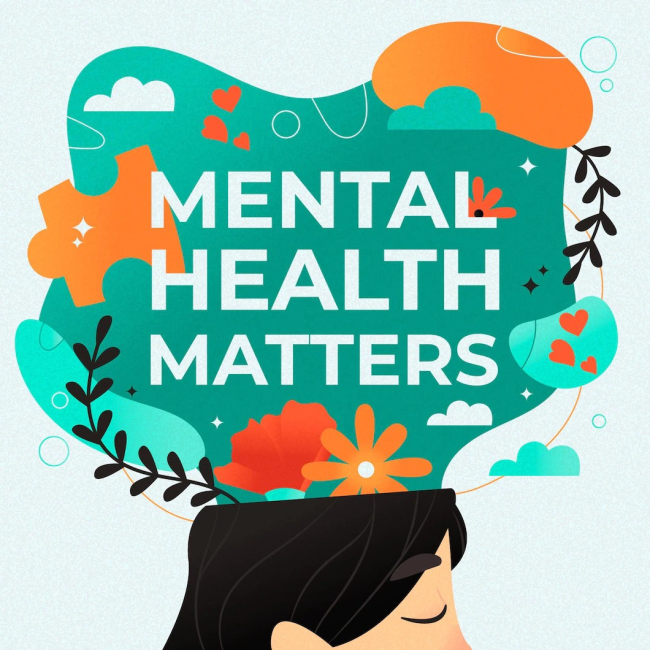A more cost-effective strategy to improve health and quality of life in this era of obesity and the "metabolic syndrome" is through lifestyle changes
A more cost-effective strategy to improve health and quality of life in this era of obesity and the “metabolic syndrome” is through lifestyle changes. Changes in lifestyle might be especially significant for those who suffer from severe mental health illness. Many of these people have a significant risk of developing chronic illnesses like diabetes, hyperlipidemia, and cardiovascular disease, which are all linked to sedentary behavior and prescription side effects.
Exercise boosts mental health by lowering anxiety, depression, as well as by raising self-esteem and increasing cognitive abilities. Additionally, it has been discovered that exercise helps with symptoms including social disengagement and low self-esteem. Exercise is crucial for schizophrenia patients because they are already at risk for obesity and because antipsychotic medication, particularly atypical antipsychotics, carries an added risk of weight gain.
Regular physical activity can still provide a pleasant boost to your mood, outlook, and mental well-being even if you don’t have a mental health condition.
Working out can assist Mental Health with:

1. Improved memory and thought processes –
The same endorphins that make you feel better also aid in concentration and make you feel mentally alert for the task at hand. Additionally, exercise promotes the development of new brain cells and protects against age-related deterioration.
2. Brain Boost –
Exercise improves brain function in a variety of ways, including by enhancing intelligence and memory. Cardiovascular activity, which is known as neurogenesis, has been shown to increase general brain function in studies on mice and humans. Additionally, by bolstering the hippocampus, the area of the brain responsible for memory and learning, it inhibits cognitive decline and memory loss.
3. A higher sense of self-worth –
Regular exercise is an investment in your body, soul, and mind. It can improve your sense of self-worth and give you a sense of strength when it becomes a habit. You’ll feel more confident in your appearance. You will experience a sense of accomplishment when you reach even modest workout goals.
4. Mental Health helps in Better Sleep –
Exercise can also help if you have trouble get moon qting a good night’s sleep. Exercise raises body temperature, which can have calming effects on the mind. It is likely to count sheep and more likely to sleep. Your circadian rhythm, your body’s internal alarm clock that controls when you feel alert and tired, is regulated by exercise as well.
5. More Energy –
Raising your heart rate a few times per week will give you more vigor. Begin each day with just a few minutes of exercise, then as you become more energized, lengthen your activity.
6. Mental Health improves Greater Resiliency –
Instead of turning to alcohol, drugs, or other harmful behaviors that ultimately only make your symptoms worse. Exercise can help you develop resiliency and cope in a healthy way. When faced with mental or emotional challenges in life. Additionally, regular exercise helps strengthen your immune system and lessen the effects of stress.
A study discovered a dose-response effect, indicating that some longer sessions will have a bigger impact. As a result, we shouldn’t just stick to five sets of 30 minutes, but should vary our activities instead. Even after just six weeks, there can be a noticeable reduction in symptoms. But it must be in continuation to achieve long-term healing.

COMMENTS